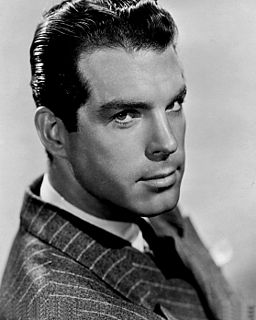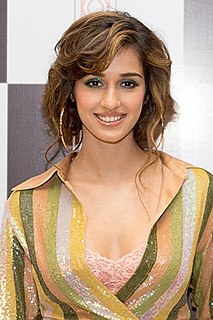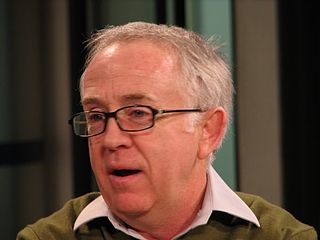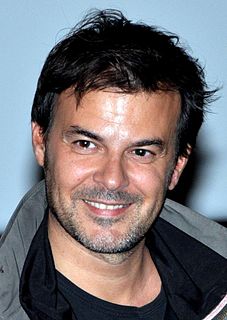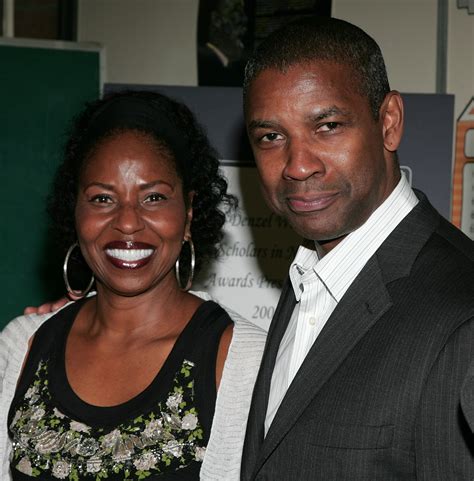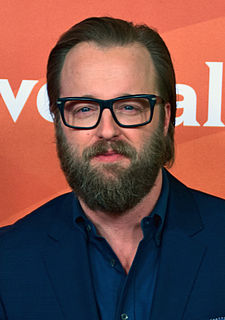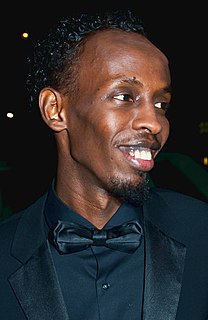A Quote by Fred MacMurray
I never could understand why Leslie Fenton gave up a soft touch in front of the camera to move behind it.
Related Quotes
My mom will never march in a gay pride parade with a big sign. She is very private. She lives in Chattanooga. She tries so hard to understand me and my life. But she said to me once, "Leslie, if I live to be 105 I'll never understand this need you have to air your dirty laundry. Why can't you just whisper it to a therapist?!" She doesn't understand.
Zooming in, zooming out. I was shocked. I said, "Let's erase this right now, put the camera behind the stage and I'll do the performance just for the camera." He set up everything and I told him to go outside and smoke a cigarette. Come back when I finish. Don't touch the camera. This was the way how I've done most everything after that.
Karen wasn't hard, she was soft, too soft. A soft touch. Her hair was soft, her smile was soft, her voice was soft. She was so soft there was no resistance. Hard things sank into her, they went right through her, and if she made a real effort, out the other side. Then she didn't have to see them or hear them, or even touch them.
Young people can understand, and must understand, that we had success, we had failures, but we never gave up. We never gave in. We never became bitter. We didn't hate. We continued to press on. And that's what we're saying: There are some ups, there are some downs, and when you're not down, you must have the capacity and the ability to get up and keep going.
